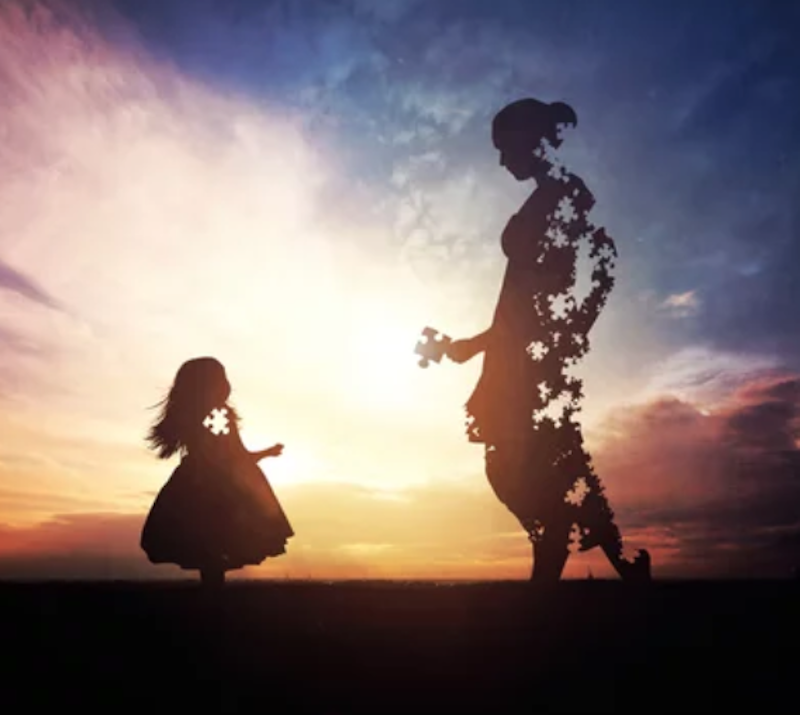I was never great at listening to podcasts. I was jealous of everyone sounding so intelligent talking about all the podcasts they listen to on the way to work, or at the gym. But I follow an impactful influencer named Mollie Adler on Instagram who’s a fellow Borderline Personality Disorder warrior, and identified with her social media posts along the way during my treatment for BPD.
I admire her outlook on working to debunk the stigma and negative stereotypes associated with even just the concept of a “disorder,” and she often referred to her podcast. I decided to try to challenge the undiagnosed ADHD that keeps me from being able to focus and listen to podcasts, and try listening to “just one episode.”
I tuned in to “Back From the Borderline” and was hooked. It was powerful to feel like someone finally knew and understood the difficulty with managing emotions (and people) I’ve struggled with my whole life. Her dedication to research, humor, and journalistic skill in bringing experts in for topic discussions all add to the experience.
But her most recent episode “The Mother Wound” hit home more than any other episode, leaving me covering my mouth in awe at some of the realizations, in tears at others, and with a sense of long-awaited healing by the end.
Mollie herself describes the importance of “talking about things we don’t talk about” in approaching the quintessential importance of the primary relationship between mother and daughter and its innate imperfections.
“The mother wound exists,” she says, “because there is not a safe place to process the rage about the sacrifices that society has demanded of women.” She tackles complicated material and does it with grace, discussing the anger mothers can sometimes unconsciously display towards their children that represents a “displaced rage projection towards patriarchal society that requires women to sacrifice and deplete themselves to raise a child.”
I’d never considered the concept of societal oppression, how we might become “complicit in our own oppression,” “stay small” out of fear of losing a mother’s affection, or how feelings one didn’t even know they were experiencing could affect a child, including some women who unfortunately let unconscious envy win out over love.
Not to mention the effect our mothers had on us when it comes to how we raise our children, particularly daughters. I know that as someone who escaped a very dysfunctional family, I went to college and became a psychology major only because I was so fascinated at how “normal” families functioned and because of my desire to learn more about abnormal psychology as it related to my family and the impact it had on me. The day I learned of my first pregnancy 30 years ago was when I first signed up to enter therapy as a result of the terror of repeating the motherhood mistakes I was afraid of making.
This podcast episode dealing with how in dysfunctional relationships between mother and daughter “a daughter reminds a mother of her unmet potential” and how if “a mother is relying on her daughter as her main source of emotional support it exacerbates the mother wound” because “it is not a daughter’s job to fix or save her mother…” well, wow. This reminded me of my past in many ways. As a mother who’s done my best to break the chains of generational trauma while under their weight, mother wound struggles are perpetually heavy.
She doesn’t just talk about the problem, she talks about solutions. One of the things this poignant podcast episode illustrates is that in order to heal the mother wound, a mother must fully grieve her own losses; liberating daughters to pursue their dreams through doing the work to heal herself. The episode also offers a meditational portion that’s particularly helpful; I shared the podcast experience with one of my adult daughters and we were able to discuss it together and find healing; powerful stuff.

